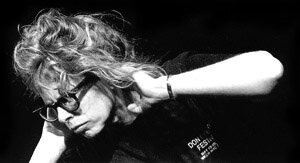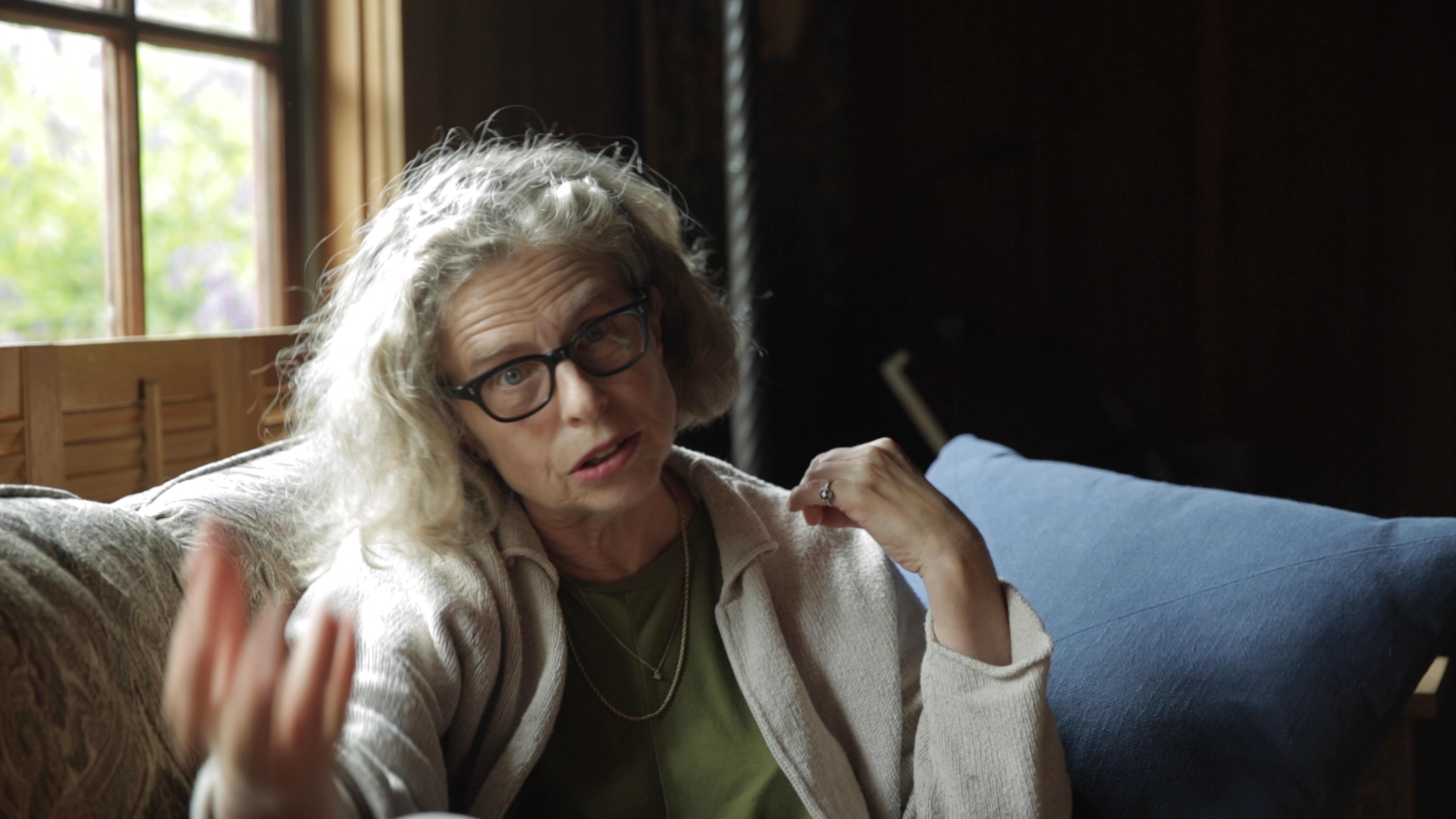T h e P l a n e s o f Y o u r L o c a t i o n
a chamber concert…
Emily Call, violin, and Madeline Falcone, violin, of Isaura String Quartet rehearse Kitty Brazelton’s I am not my Photograph (you cannot erase me) in late July 2019, northeast Los Angeles. Click the image to hear the music and learn more about this ambitious community project.
The Planes of Your Location is a two-act collection of Kitty Brazelton’s recent works for strings.
It’s also the story of a woman's life, as "told" in music by Brazelton.
And the story of multiple lives interwoven, told by Isaura String Quartet and their extended musician family, former teachers, and past band-mates—performing for us on stage.
By weaving these stories into a chamber concert format, Brazelton and Isaura frame Planes of Your Location with the now-radical act of inviting an audience to come and listen to living music in a concert hall, and to bring their own stories.
What was once a courtly tradition, becomes a ground-floor modern act of resistance to our own world’s erosion of identity.
Cambridge Sonata
a trio for violin, cello and piano—performed by ISQ members Emily Call and Betsy Rettig with exquisite pianist Polish-born Basia Bochenek—follows child and teenage Brazelton around Harvard Square hearing folk music from the Hebrides, gamelan and beatnik chamber jazz.
Down from the High Cliff
Triumphant cello/piano duet performed by ISQ mentors and CalArts professors, as well as erstwhile Brazelton friends and collaborators, cellist Erika Duke-Kirkpatrick and pianist Vicki Ray—watches Kitty’s father battle to live to 125. He died just shy of 100. High cliff is the Hebrew meaning of a word that was translated into Christianity as “refuge”—no surrender in the older meaning—remember the Masada.
I am not my Photograph (you cannot erase me)
In this culminating string quartet, composer Kitty Brazelton plots the trajectory of a life—her life, her father’s life, your life; it doesn’t matter. We are born, we grow older, we begin to doubt ourselves, and yet we harbor hope. We wonder, “Did I choose the right path?” And now, somewhere along the way in an increasingly digitized landscape, we have all become invisible; isolated from each other.
Woven into I am not my Photograph is the protest anthem Jerusalem, with words by William Blake to protest the industrial revolution in 1809, and music by Sir Hubert Parry written in support of women’s suffrage in 1916. Brazelton carries these protests forward, asking her audience to “go ahead and feel something.” She invites you to listen, and cough, and shift in your seat. To prove that you’re still present, and you’re still you. Wherever you are.
It all started when…
Emily Call and John Eagle decided to get married in west LA , May of 2018. They had known each other for almost a decade, first as undergrads at Bennington College in Vermont, then as grad students at CalArts outside of Los Angeles. John, a composer and french horn player, had embraced the Los Angeles new music scene while Emily had formed Isaura String Quartet championing new composition. 8 years in, unexpectedly, they fell in love.
While back east in college, John and Emily both had become close to their professor Kitty Brazelton and even after their individual treks westward each had maintained a deep personal dialogue with Kitty, John about composition, Emily about living, loving and making music. To Kitty’s great delight.
So when Emily and John invited Kitty to marry them in a rose garden, she applied for online ordination with gusto and booked her flights from hometown New York City to the the great SoCal metropolis.
At the wedding, Kitty met a community of wedding guests, all ages, all genders, all musicians fervently committed to making music come hell or high water—a fervor that reminded her of an earlier east coast “downtown.” Before the couple even embarked on their honeymoon, Kitty had approached Emily with an idea for the future…
Composer Kitty Brazelton watches pianist Vicki Ray and cellist Erika Duke-Kirkpatrick play through Down from the High Cliff (2017) for the first time in July 2019. Brazelton composed the duo in tribute to her centenarian father’s fierce battle to live.
Violinists Emily Call, Madeline Falcone and cellist Betsy Rettig formed Isaura String Quartet as grad students at California Art Institute where they studied with cellist Erika Duke-Kirkpatrick. Pianist Basia Bochenek, too, studied at CalArts, with pianist Vicki Ray. Erika and Vicki were old friends of Kitty Brazelton’s—as members of the venerable California EAR Unit (founded 1981) they premiered Brazelton’s Sonata for the Inner Ear in 1999, and recorded it for disc released 2002—Chamber Music for the Inner Ear, New World Records, NWCR889. Kitty met Erika at Emily’s wedding and they agreed they’d love to play together again. After Brazelton returned in winter 2019 to begin work with Isaura SQ, she asked Vicki to join the project.
What became important to Brazelton as she approached Call to collaborate cross-continent on the project Planes of Your Location, was to show the simple stories that led to the music—this music, this place, these people. Someone got married. Someone was a student learning to make choices in life. Someone was a teacher and mentor. Someone formed a band. Someone came from a rich community, of lives and choices. We are all that community. We are all these individuals. We bring our stories to the concert. We hear the music through our stories. Our stories affect our reactions as we listen and we affect how the musicians choose to play. All our stories become one. For this concert, in this place, with these people present. For this short time, we are fully present, in full identity. There is no erosion of our rich, personal diversity.
And that is what’s radical about a live chamber concert—now.
Rose garden at South Coast Botanic Garden, Palos Verdes Peninsula, where the wedding took place
JR’s string quartet playing the processional music
In the spring of 2019, violist Jonathan Morgan officially joined Isaura String Quartet. In The Planes of Your Location program, every member of the quartet is featured individually at least once. Jonathan is featured with clarinet and piano on Dark Pond.
Isaura opens the concerts featuring violinist Madeline Falcone in a cloudy 3-against-1 struggle for belonging called Why are you here? composed in January 2020.
Emily and Betsy are then joined by pianist Basia Bochenek for Brazelton’s three-movement trio Cambridge Sonata (2018).
Emily Call, violin, Basia Bochenek, piano and Betsy Rettig, cello rehearse Cambridge Sonata.
The concert climaxes with Brazelton’s epic protest, I am not my Photograph (you cannot erase me), composed for Isaura String Quartet July 2019. Play the video above to listen to the sections “All War” into “Anthem.”
Kitty Brazelton talks about her ideas for The Planes of Your Location and the live chamber concert
The concert closes with a song. Brazelton joins all eight instrumentalists to sing My Perfect Toes, originally composed for DADADAH in 1991, (listen below), and rearranged for the “band” at hand in 2020.
Kitty Brazelton & DADADAH at the World Trade Center





